"The highest activity a human being can attain is learning for understanding, because to understand is to be free."
Baruch Spinoza
Philosophy, a popular post-secondary academic discipline, explores knowledge, reality, and existence. Its abstract ideas inspire deep reflection and personal conclusions. Renowned philosophers like Plato, Aristotle, Socrates, and Confucius have influenced intellectual thought for centuries, with their wisdom passionately shared and studied worldwide.
Europe has long been a hub of philosophical thought, and the Netherlands is no exception. Superprof takes a closer look at the most famous Dutch philosophers and their contributions to society. Some have shaped national thinking, while others have left a lasting impact on the world stage.
Here are the philosophers that we'll discuss today. Keep reading to find out more about them.
| Philosopher | Lifespan | Key Contributions |
|---|---|---|
| Geert Groote | 1340–1384 | Founder of Devotio Moderna, spiritual renewal movement, and Brethren of Common Life. |
| Desiderius Erasmus | 1466–1536 | Humanist, biblical translator, and author of In Praise of Folly. |
| Dirck Coornhert | 1522–1590 | Father of Dutch literature, advocate for tolerance, and author of Zedekunst. |
| Hugo Grotius | 1583–1645 | Pioneer of international law, natural law theory, and political philosophy. |
| Anna Maria van Schurman | 1607–1678 | Advocate for women's education, polymath, and author of Dissertatio. |
| Christiaan Huygens | 1629–1695 | Scientist, inventor of the pendulum clock, and contributor to physics and astronomy. |
| Baruch Spinoza | 1632–1677 | Philosopher of pantheism, intellectual freedom, and author of Ethics. |
| Bernard Mandeville | 1670–1733 | Satirist, political economist, and author of The Fable of the Bees. |
| Cornelius de Pauw | 1739–1799 | Cultural theorist and critic of the Americas, advocate of environmental determinism. |
| Jacob Moleschott | 1822–1893 | Physiological chemist, atheist, and researcher of metabolism and nutrition. |
| Gerardus Heymans | 1857–1930 | Philosopher and psychologist, creator of the Heymans' personality classification cube. |

Geert Groote (1340–1384)
Groote was born in Deventer, Netherlands, but spent much of his early life studying in the French cities of Aachen and Paris. After his professional studies, he settled in Cologne to teach philosophy and theology.
Groote felt he was becoming selfish and living a very secular and luxurious life as a young man. This realization led to his becoming a more caring individual. He further dedicated his life to God and became a deacon preacher and missionary in many Dutch cities. Many young men flocked to him for spiritual guidance, forming the society known as the Brethren of the Common Life.
This organization had members who gave up their previous secular lives to live a chaste and strict life in commonly shared houses and devoted all their time to preaching, reading the scriptures, and accomplishing good deeds for others. Groote and his associate, Floren Radewyns, created a movement known as Devotio Moderna. This involves constantly searching for inner peace by denying oneself and achieving complete silence.
Geert Groote’s Devotio Moderna, a movement advocating inner peace through simplicity and self-denial, is considered a precursor to modern spiritual and mindfulness practices.
Desiderius Erasmus (1466-1536)
Erasmus was born in 1466 in Rotterdam or Gouda and became an influential scholar who wrote in a pure Latin style.

His important Bible translations of the Latin and Greek editions of the New Testament would be instrumental in the Protestant Reformation and Catholic Counter-Reformation, raising many valid questions.
Throughout his lifetime, Erasmus helped people in need since he viewed this as a Christian duty. He is known for being one of the first humanists.
In Praise of Folly is well appreciated for its humour and the fact that it's the first book written in a less serious and structured way. This literary work is still studied and often read in secondary schools by interested students.
Erasmus was known for his contributions to Biblical translation and other works, such as On Free Will, Handbook of a Christian Knight, Julius Exclusus, and In Praise of Folly, his most famous literary accomplishments.
His main goal while translating Biblical texts was to stay true to the original manuscripts while at the same time bringing a fresh perspective to the writing style that would be easier to read for many.
Dirck Coornhert (1522–1590)
Born in 1522 in Amsterdam, Coornhert is known for writing, philosophy, theology, and engraving.
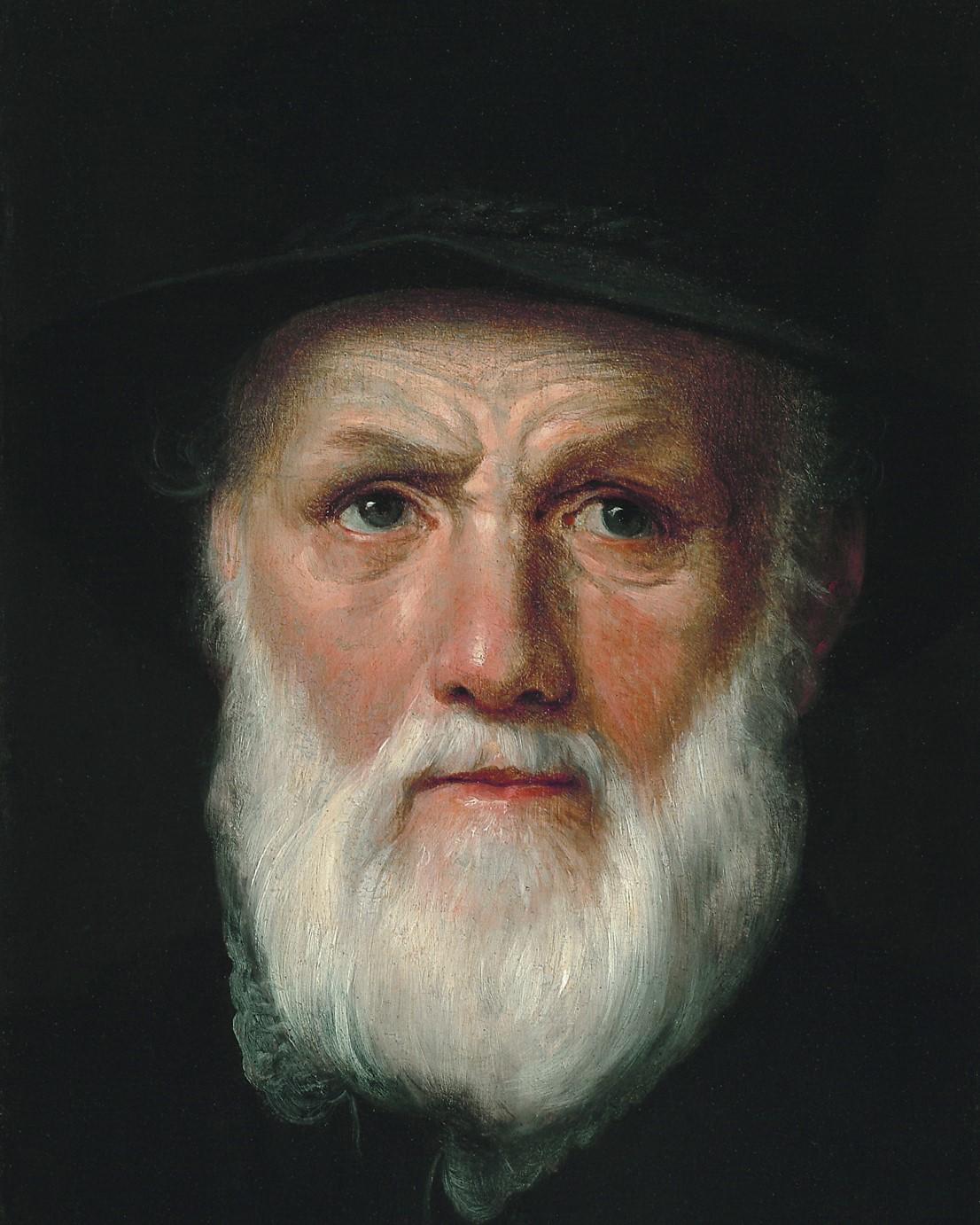
His contributions to these fields of study have made him a Dutch national treasure, with many calling him "a father of Dutch literature" and the Father of Dutch Renaissance scholarship.
He was a poet and playwright who learned Latin to translate particular works from Latin to the Dutch language.
Instead of writing his literary works in Latin, which was very common back in the day, Coornhert wrote about topics such as theology, morality, criminal law, and constitution in Dutch.
This simple detail contributed to improving and enriching the Dutch language. In 1586, he published his original masterpiece, Zedekunst (Art of Ethics), which can still be read today. He was extremely tolerant and compassionate, known for his intense work ethic and being a humanist.
Check out more famous Dutch writers and learn more about Dutch iconic symbols.
Hugo Grotius (1583–1645)
Also known as Huig de Groot or Hugo de Groot, he was born in 1583 in Delft, Holland.
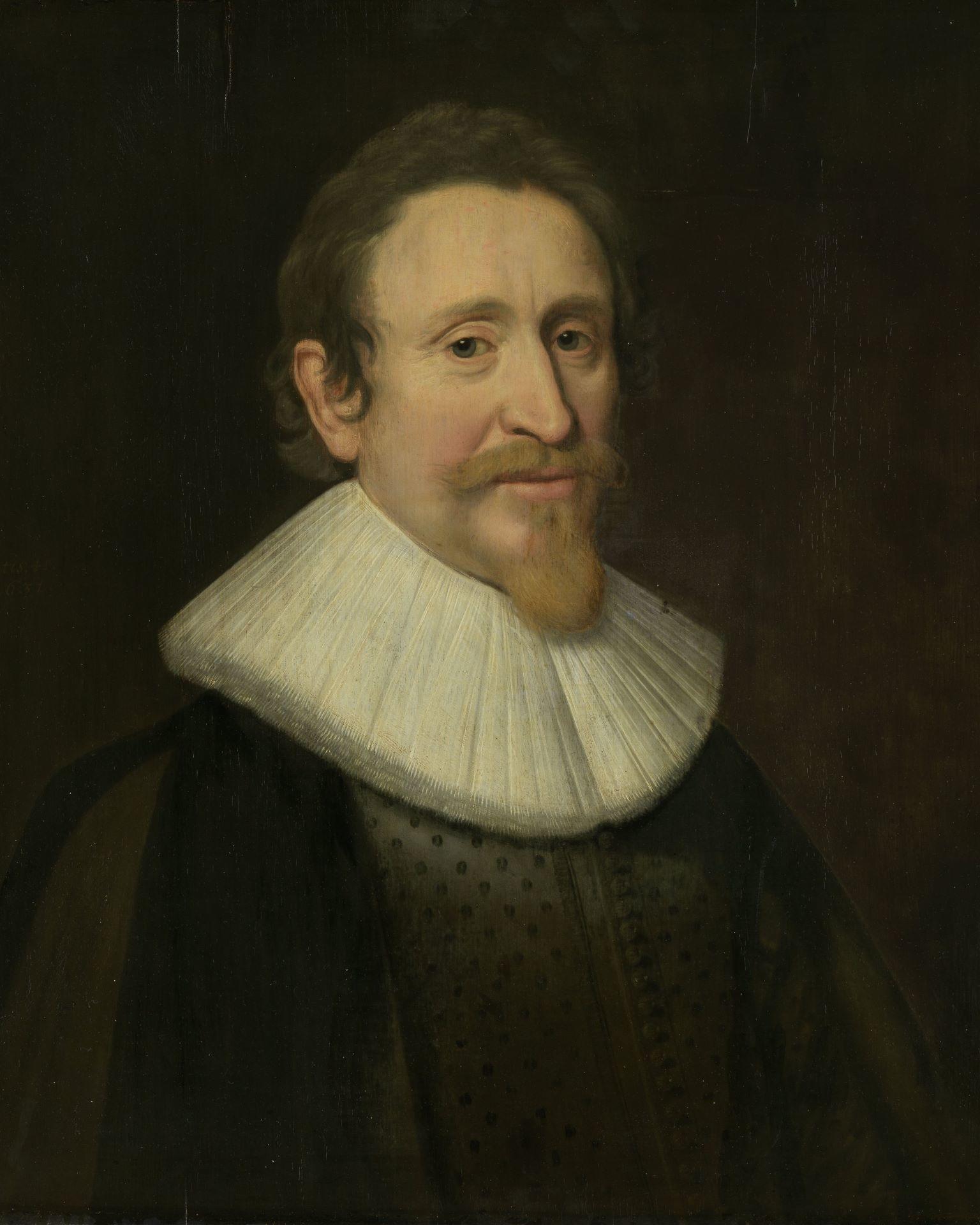
His main philosophical interests included the philosophy of war, international law, and political philosophy.
He was known as a teenage intellectual prodigy.
He was imprisoned at a very young age for his participation and active voice in the intra-Calvinist disputes during his youth in the Dutch Republic.
Most of his important works are known today, and they were written while he was in exile in France.
Grotius' ideas about a country being governed and protected by laws and mutual agreements with sovereign states to enforce these laws would replace the main practice of geographic areas being governed by force or military.
His ideas of an international society contributed to the first general peace settlement in modern times, the Peace of Westphalia. Grotius wrote many works during his lifetime, but his contributions to natural law theories are what he is best known for today by many philosophy students.
Anna Maria van Schurman (1607–1678)
Though born in Cologne, Germany, Anna Maris van Schurmann moved to Utrecht.
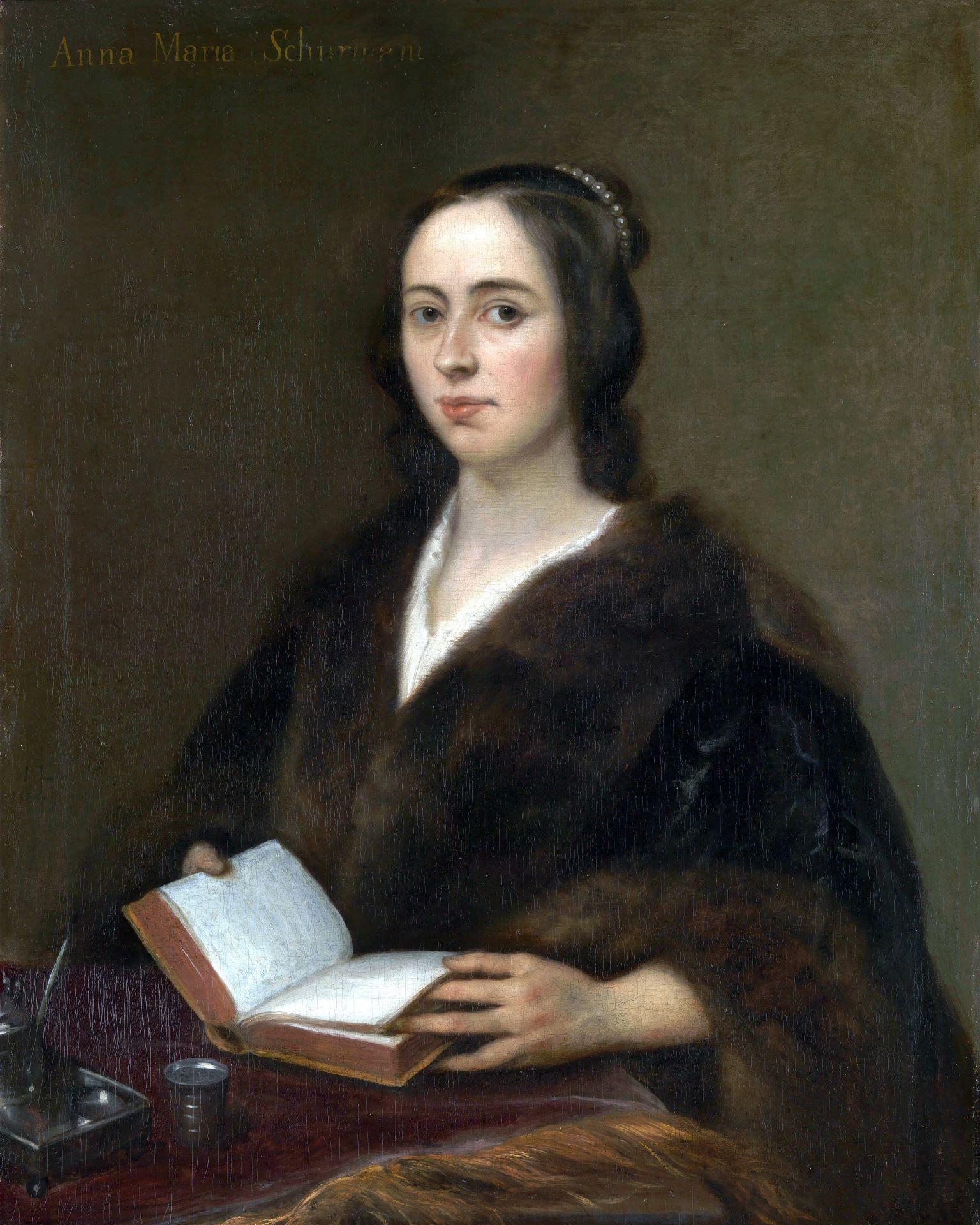
She was a pioneering advocate for women's education, philosophy, and theology.
She was the first woman to study at a Dutch university, and her academic talents made her famous across Europe.
Particularly noteworthy were her linguistic talents, as she mastered over a dozen languages, including Latin, Hebrew, Greek, and Arabic.
Her interests included painting, literature, and natural sciences, though her main philosophical focus was women's education and intellectual development.
In her writings, particularly Dissertatio, she defended female education.
Later in life, she joined a religious community and dedicated herself to a more contemplative life.

Christiaan Huygens (1629–1695)
A native of The Hague, Netherlands, Huygens is widely regarded by many as one of the most outstanding scientists ever.
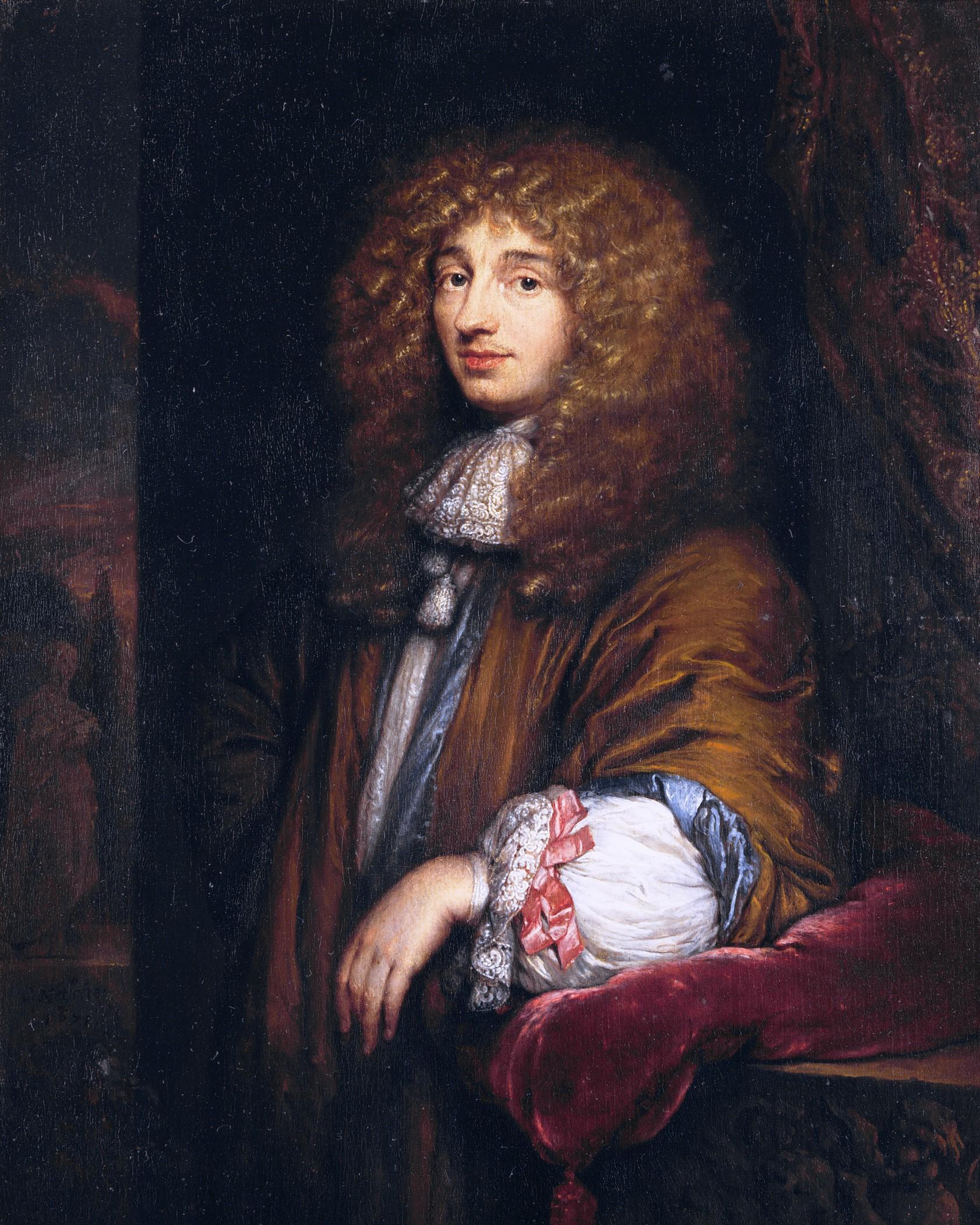
He is mainly known for his revolutionary contributions to physics, mathematics, and astronomy.
His inventions equally changed the world and were greatly welcomed by all.
Huygens studied Saturn's rings and discovered its moon, Titan.
His invention of the Huygenian eyepiece improved the telescope's design, and his creation of the pendulum clock in 1656 was a breakthrough in timekeeping. It was the most accurate way to tell time for over 300 years.
He was the leading natural philosopher in Europe between Descartes and Newton. During his lifetime, he worked on mechanical philosophy and sought explanations of the force of gravity that avoided action at a distance. Huygens never married and dedicated his entire life to exploring different topics in natural philosophy, such as the laws of motion, impact and gravitation, optics, and horology.
Baruch Spinoza (1632-1677)
Spinoza was a Jewish-Dutch philosopher of Portuguese descent born in 1632 in Amsterdam.

Along with René Descartes, Spinoza was a leading philosopher during the Dutch Golden Age.
Spinoza was not only a philosopher but also a mathematician, political thinker, and lensmaker.
Spinoza's forward-thinking philosophies were shunned by many and banned in most parts of Europe for over 200 years.
His most notable ideas included intellectual and religious freedom, separation of the church and state, and pantheism, the belief that all things contain an all-encompassing and immanent god. His magnum opus, Ethics, covered the themes of moral philosophy, the structure of reality, and god or nature. Heavily criticized by Catholics for its discussion of belief in god, it was eventually placed on the Catholic Church's Index of Banned Books after it was published.
Nevertheless, this book established Spinoza as one of Western philosophy's most distinguished thinkers. He was credited with writing the "last indisputable Latin masterpiece." Gilles Deleuze named him the "prince of philosophers" for his contributions to the academic discipline of philosophy.
Bernard Mandeville (1670–1733)
Born in the Netherlands, he spent most of his professional life in England. The grand majority of his works were published in English. He is known for being a philosopher, political economist, and satirist.
His most recognized work is titled The Fable of the Bees. This work was initially published in 1705 as a poem and then a prose commentary with an essay in 1714. The later edition of the essay criticised charity schools that are designed to educate children from poorer social classes and he claimed by doing this virtue and greed is instilled in these pupils.
Mandeville's writings were heavily criticized by readers and other writers who claimed that his observations were cynical and degrading to others. He claimed that virtue which is the "every performance by which man, contrary to the impulse of nature, should endeavour the benefit of others, or the conquest of his own passions, out of a rational ambition of being good" is extremely harmful to the intellectual and economic growth of a society.
Mandeville’s controversial views on the nature of virtue and vice deeply influenced the moral philosophy of thinkers like David Hume and Jean-Jacques Rousseau.
Cornelius de Pauw (1739–1799)
Born in Amsterdam in 1739, de Pauw spent most of his life in Kleve, now Germany. Throughout his lifetime, he was viewed as one of the great experts on the Americas, both North and South.
He never visited the continents but wrote many theories about the origins of native people in these parts of the world. He often rejected the ideas and theories of more experienced specialists if they differed from his preconceived ideas.
His works and thoughts about American culture were translated into English to educate inexperienced ones about natives living in the Americas and how they were inferior to those from Europe due to climate and geography.
During his lifetime, Cornelius de Pauw was known as Europe's most trusted authority in the Americas. Some of his beliefs included the rejection of the existence of the Aztec calendar and the firm conviction that China was not a previous colony of Ancient Egypt. Interested in learning more about Dutch culture?
Despite his inaccuracies, de Pauw’s ideas intrigued Enlightenment philosophers like Voltaire and Rousseau, who engaged with his theories.
Jacob Moleschott (1822–1893)
Born in the Netherlands, he spent considerable time in Germany studying to become a doctor and, in his senior years, teaching as a professor in Italy.
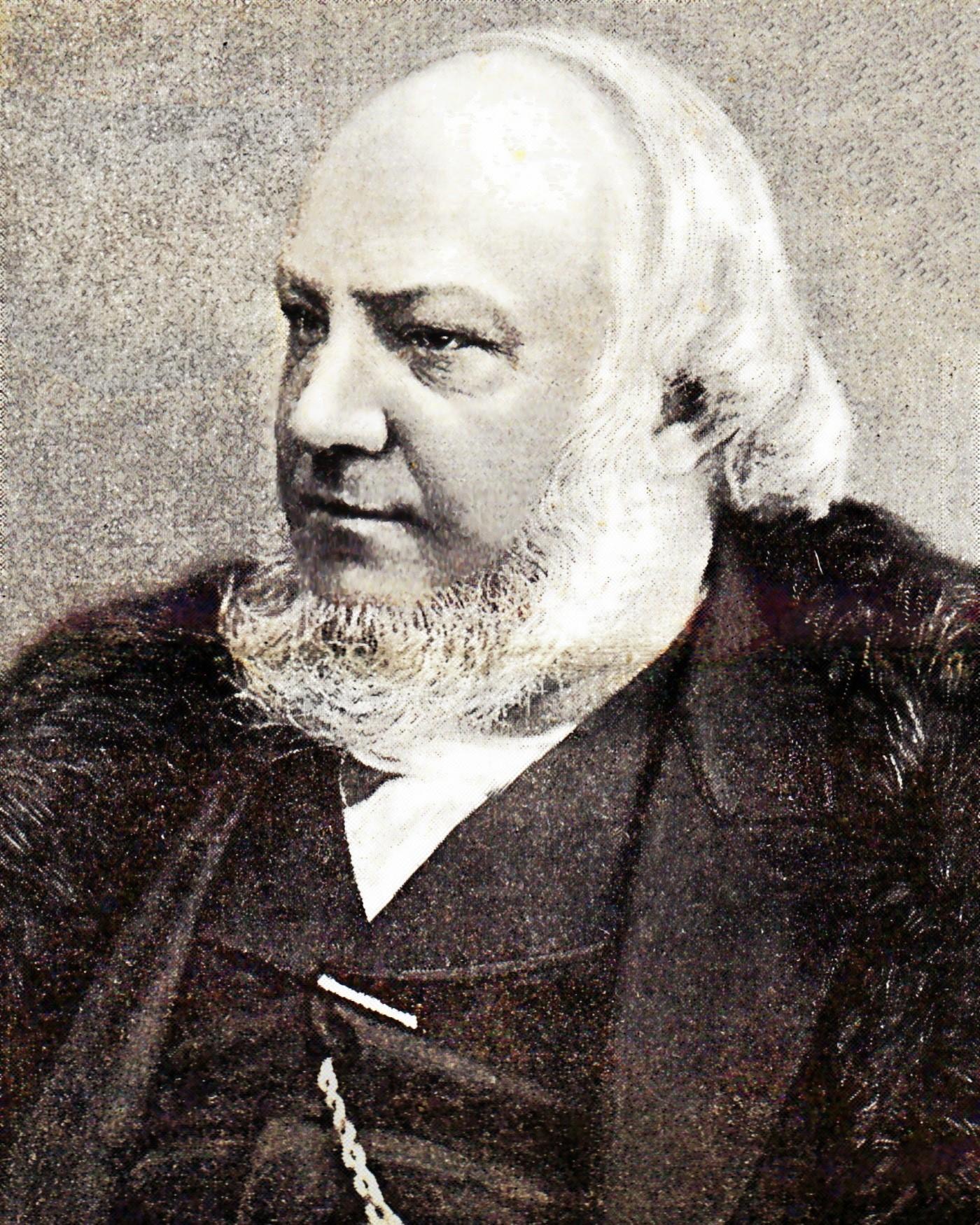
Moleschott has published several important works such as Kreislauf des Lebens (The Circuit of Life) in 1852 and his journal entires published from 1857 to 1894 titled Untersuchungen zur Naturlehre des Menschen und der Thiere (Research on the Natural Philosophy of Man and the Animals).
He is remembered and noted for his belief in the material basis of emotion and thought.
Moleschott also demanded "scientific answers to scientific questions" throughout his studies and research.
His studies on nutrition and dietetics were extremely important for developing the specific field of physiological chemistry.
Especially what he discovered above blood and metabolism. Although he studied much about the body and its functions, he was an atheist famously quoted saying, "no phosphorus, no thought."
Gerardus Heymans (1857–1930)
Heymans was a native of Ferwert, Netherlands, who taught as a professor at Groningen University from 1890 to 1927.
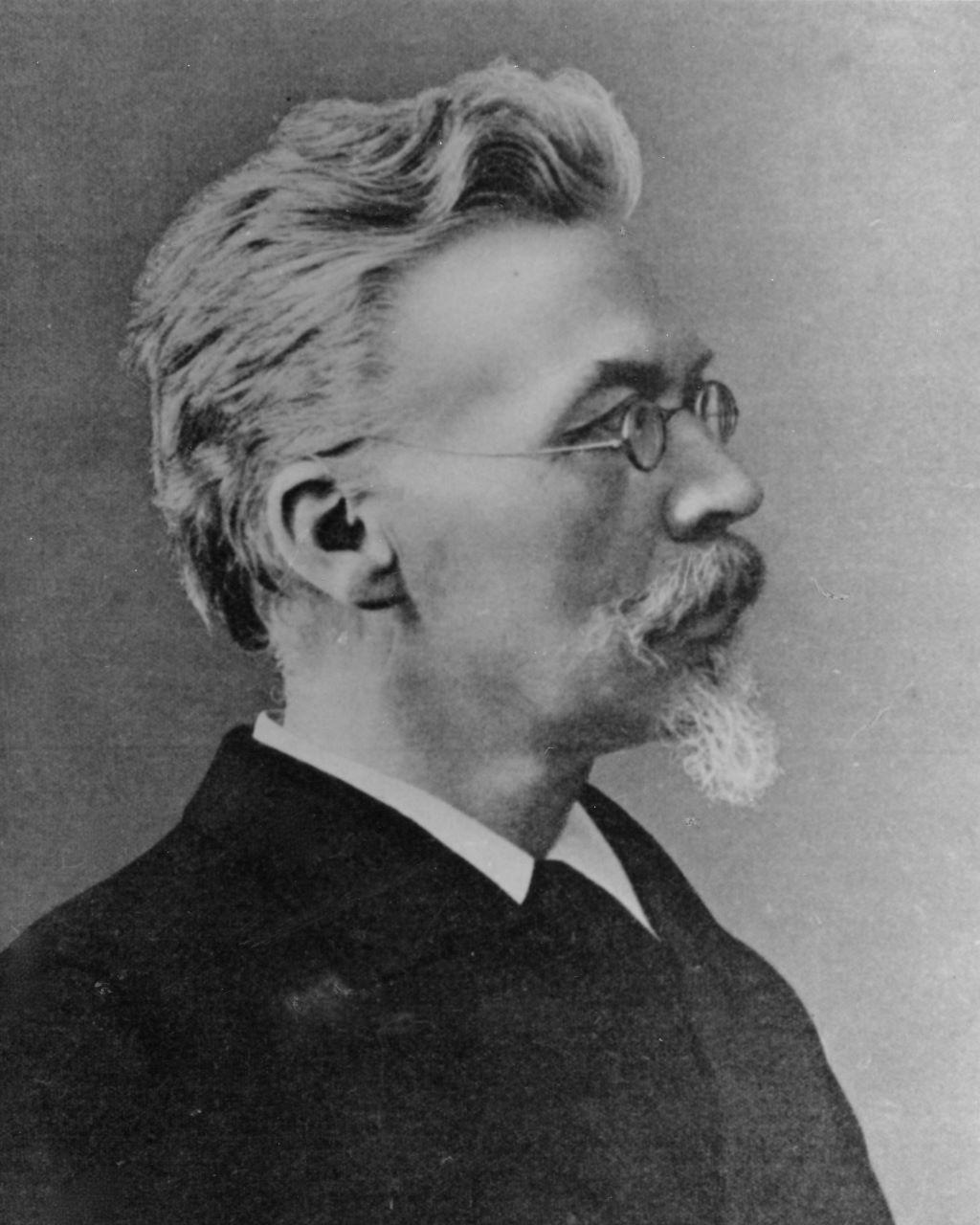
He is most commonly known by others as a philosopher and psychologist.
He studied political economics and the philosophical study of Ethics as a student.
His psychological theories and previous studies helped him develop the Heymans' system of personality classification.
The cube of Heymans focuses on the eight temperaments such as passionate, sentimental, neurotic, choleric, phlegmatic, apathetic, sanguine, and amorphous.
The three distinct axes are the activity (energy and quantity of action), emotivity (strength and frequency of emotional response) and secondarity (the degree to which emotions or events have a long-term effect on someone).
This personality classification cube was inspired by Jung and Kretschmer and was used frequently by psychology enthusiasts in Dutch-speaking countries at the time.
The Netherlands has been the birthplace of many intelligent minds over centuries. These men have contributed to discovering new concepts and influencing the thoughts of forward thinkers for generations to come. You may read more about them in their native language: how about taking Dutch lessons to accomplish that goal?
Summarise with AI:















